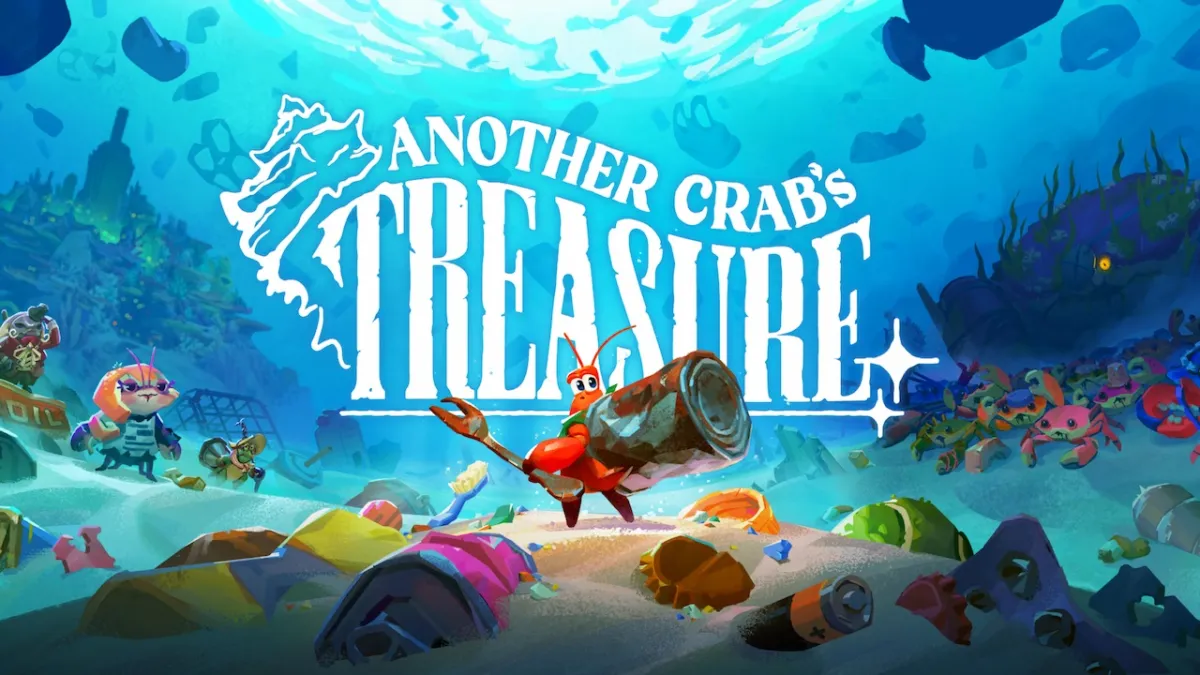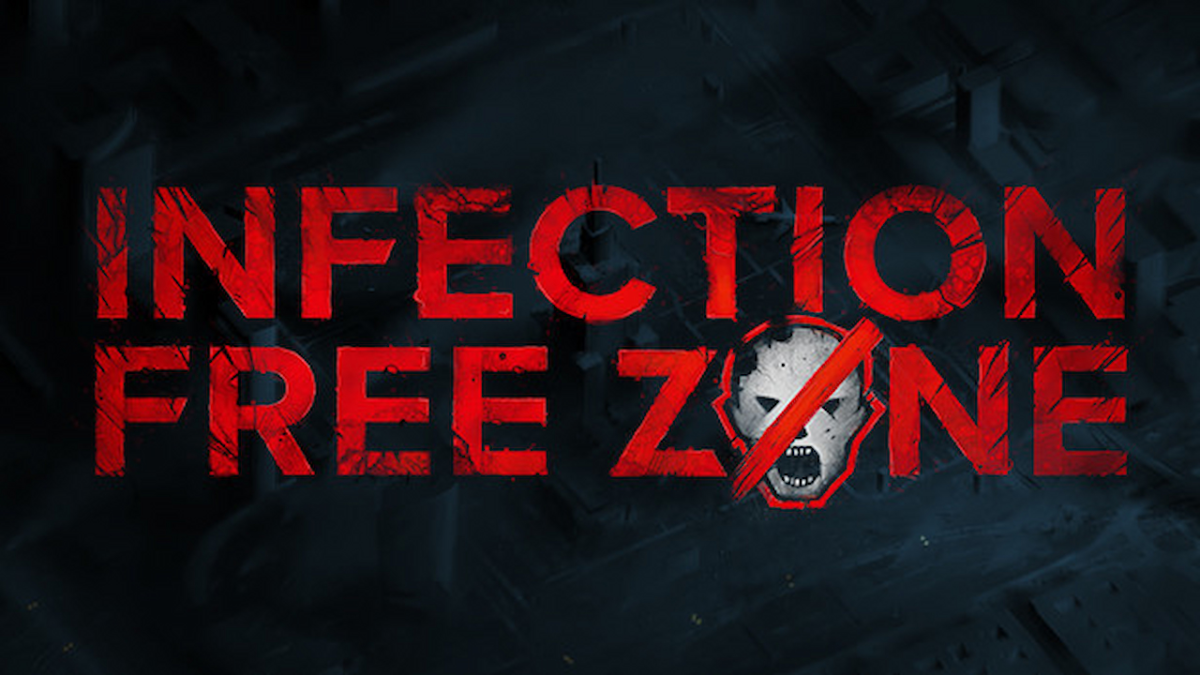In a week where recriminations have been flying about a couple of high-profile Kickstarter failures, it’s refreshing to be able to write about a project that demonstrates a more positive side of crowd-funding. Unrest is an unusual RPG set in an alternative fantasy version of ancient India (you can tell by the race of talking snake people) whose modest $3,000 USD goal was met twelve-fold.
It’ll be released on 23 July, and should be positively received by anybody intrigued by alternating character narratives with a heavy emphasis on dialogue. In Unrest, ethical quandaries don’t just take center stage, they set up a permanent camp there and put up a banner saying “welcome to the moral dilemma zone.”

See, I wasn’t kidding about the snake people. They play rather a crucial role, too.
Since pretty much the entire game is moral choices and character stories, I really don’t want to reveal too much of that stuff. A great deal of joy when playing Unrest comes from being presented with dilemmas that more traditional fantasy-minded RPGs don’t really involve themselves with. When you come across a village wanting help with their Orc problem (or whatever,) most players will know how that’s going to pan out.
In this game … well, I should throw out a slight spoiler warning here. The bit of the game I’m about to talk about has already been released as a demo, but if you want to avoid learning about some chapter choices skip to just beyond the next screenshot in this review.
In this game, one of the first major chapters deals with the arranged marriage between Tanya and Hanu in a rural village on the outskirts of Unrest’s main city of Bhimra. As Tanya, you have a few options at your disposal. None of which are perfect. You can choose to go through with the marriage, satisfying your parents and securing yourself a place in the bourgeois merchant caste. Or you can attempt to sabotage the arrangement in various ways. Hanu’s parents are only pursuing the marriage in order to get hold of dowry money, and Tanya herself wants to study at university. The union won’t really please anybody (except maybe Tanya’s parents,) but skipping town or messing up the wedding will have repercussions for your family and could leave the village hierarchy in chaos.
The novelty of this scenario means you’ve no real way of “gaming” it, the way a player might in other RPGs with more familiar story-lines. Unrest has no stat points or binary morality meter to push in a given direction, so you really just have to go with what feels best according to your own internal ethical standards.

Some of the writing can feel a little anachronistic (even for an invented reality,) but it gets the point across.
Welcome back. You’re safe from spoilers again.
Unrest does a fine job, with fairly minimal resources, telling the story of the city of Bhimra’s fortunes through the eyes of multiple inhabitants. None of the game’s character chapters are huge (the largest is probably eight or ten screens,) but clever use of shorthand locations like palaces, temples and slum alleyways give a deft sense of scale to the story.
The team’s decision to overlap the actions of multiple characters throughout the tale is an interesting one, because it means you can either choose to roleplay what you think each particular person would do in a given situation or attempt to use your privileged knowledge as a player to manipulate events a certain way.
Games with branching choices give a unique sense of agency that more passive mediums like television and books (Fighting Fantasy aside) can’t really offer. Part of that agency is the enjoyment of encountering new situations, dialogue choices or scenes based on taking different paths. But there’s another dimension to it as well; the ability to shape and roleplay a character in different ways, without greatly subverting the overall narrative. It’s the approach taken by Kentucky Route Zero or The Walking Dead where you play “your” version of the protagonist(s), but can’t always change the prescribed outcomes to a huge degree.

‘Withered Man’ is not the superhero this city needs, but he is the one it deserves.
If you prefer the former incarnation of choice-based games, Unrest may let you down. Characters do reappear (briefly) under differing circumstances depending upon your decisions, but can just as often vanish after a completed chapter leaving rather a loose end.
The game’s reactivity to choice is closer to a Telltale adventure than something like Alpha Protocol. There’s a strong initial sense of weight and subsequent consequence to what you do, but the reality is often not quite as varied. It’s certainly a replayable game with different ways to approach each chapter, and one I went through twice in the six hours or so I spent with it. But even when going out of my way to radically alter the overall story, not as much changed as I’d hoped; and the novelty of having to face unusual choices dissipates a little the second time through.
However, the isolated moments of decision making can be quite profound, and the overarching narrative of the fate of Bhimra is a strong one. Themes of poverty, religious dogma, revolution and power permeate throughout, leaving plenty to ruminate on. Unrest skews very much to the tone increasingly adopted by quality television drama; every person is flawed, but few are irredeemably terrible. You can’t magically solve problems of the magnitude portrayed with mere dialogue options and Unrest is well aware of this.
No matter what you do, it’s clear there’s never going to be a ‘happy’ ending. In the chaos surrounding Bhimra not all narrative threads will get neatly tied up, and that’s perhaps as it should be.

Disgusted, Disdainful and Unconcerned. Just the kind of soldier you need keeping order in a crowd.
It should be stressed again that Unrest is, almost entirely, based around traversing the map (somewhat ponderously) and interacting with characters through dialogue. Combat is present in an extremely minor way, to the extent that I only found one fight while actively looking for them, and uses very simple mechanics to resolve. Characters gain traits (things like ‘Proud’ or ‘Loyal’) as they progress through chapters, but these are largely symbolic of your past actions rather than influential on future interactions. NPCs have bar-style indicators of how intimidated, respectful or otherwise they are of you, which can be used to gauge how well a certain response might go over.
Expecting the game to have a myriad of branching story-lines and radically different endings was perhaps a touch unfair on my part. The Unrest team has put their small stash of funding (as compared with other RPGs) to good use, crafting a murky tale of political intrigue, power and interconnected socio-economic problems … plus a few talking snake people. An emphasis on morality is not all that unusual for the genre, but what is unusual, and welcome, is the game’s commitment to pure dialogue and characters from outside the norm.



